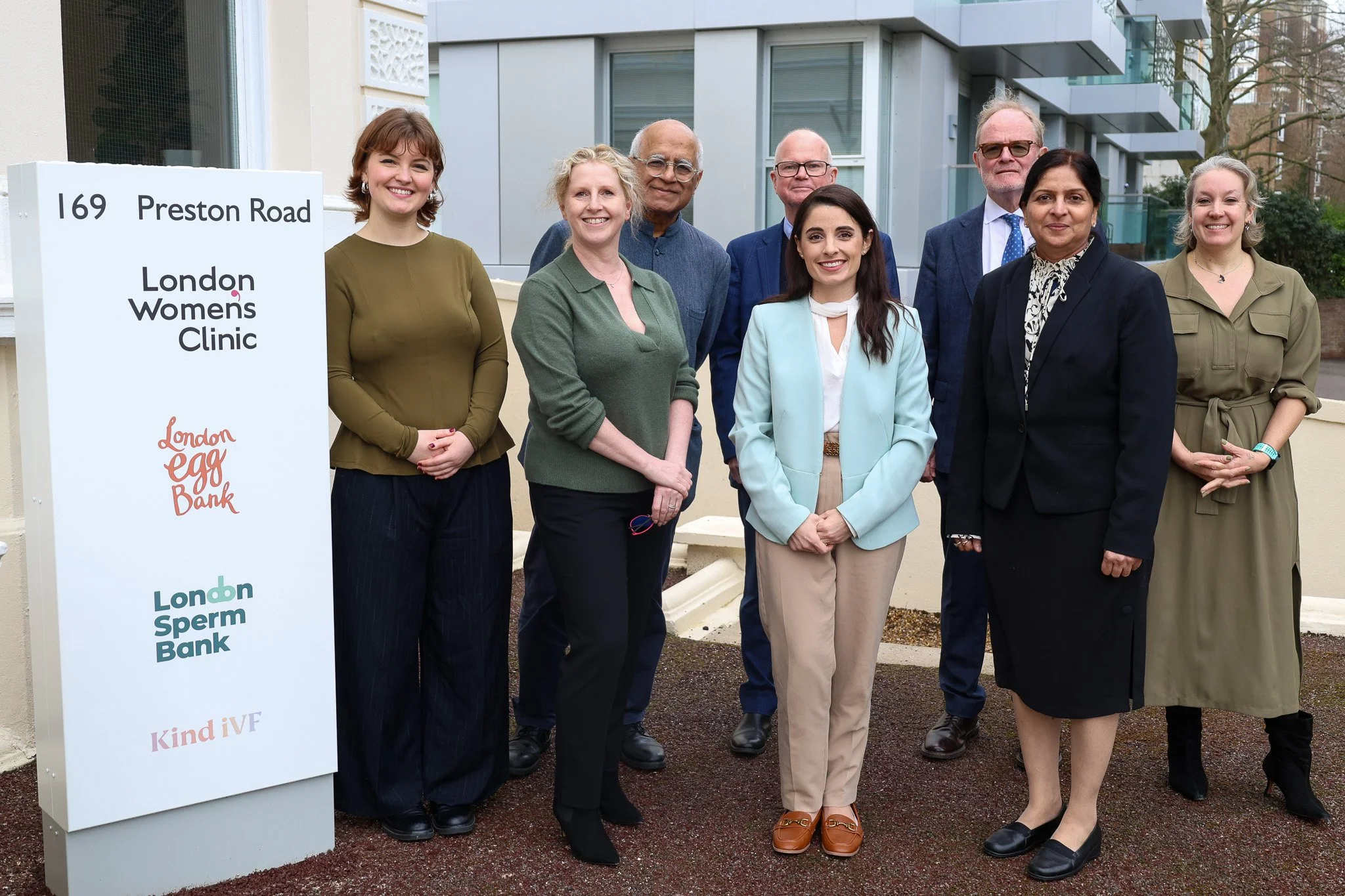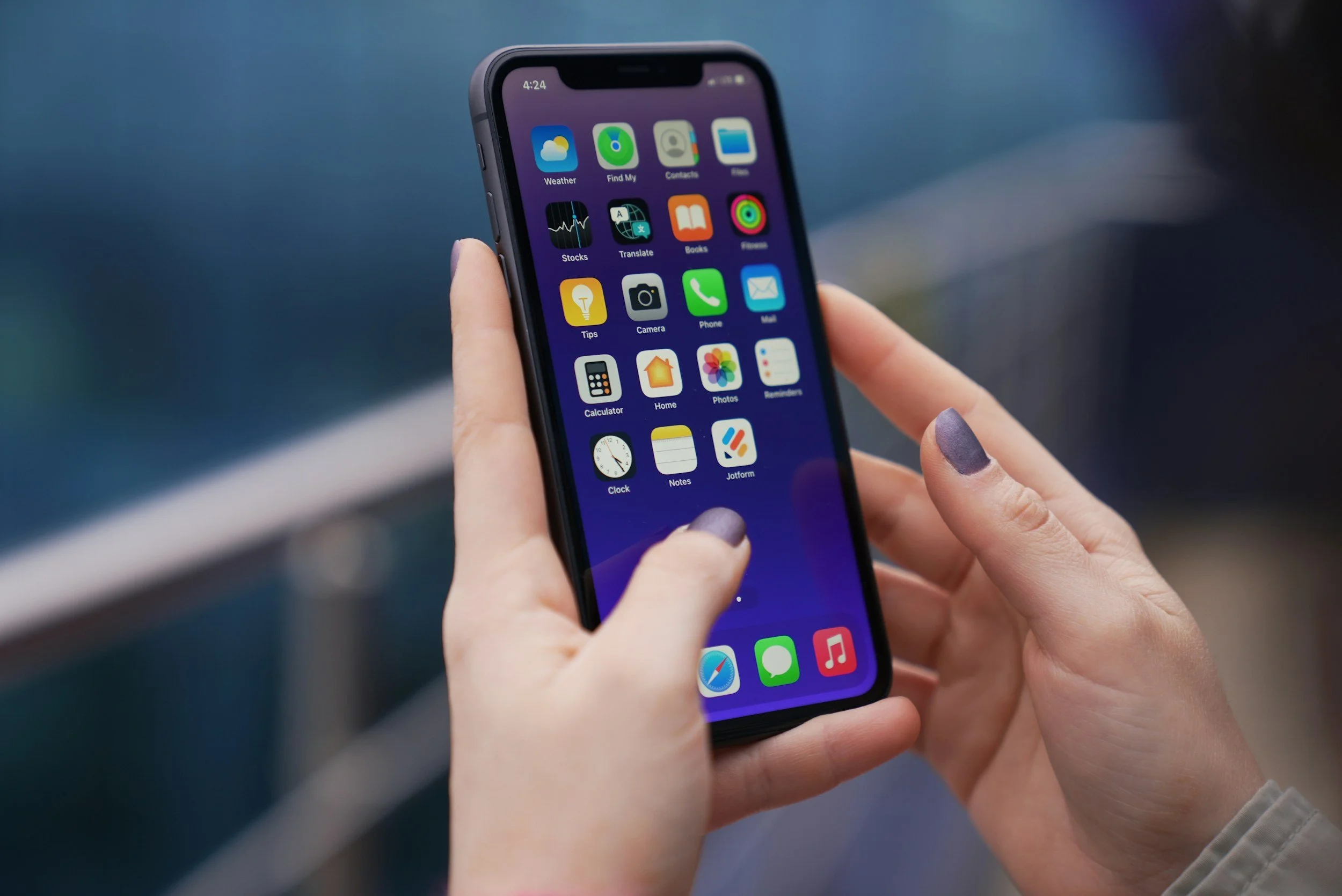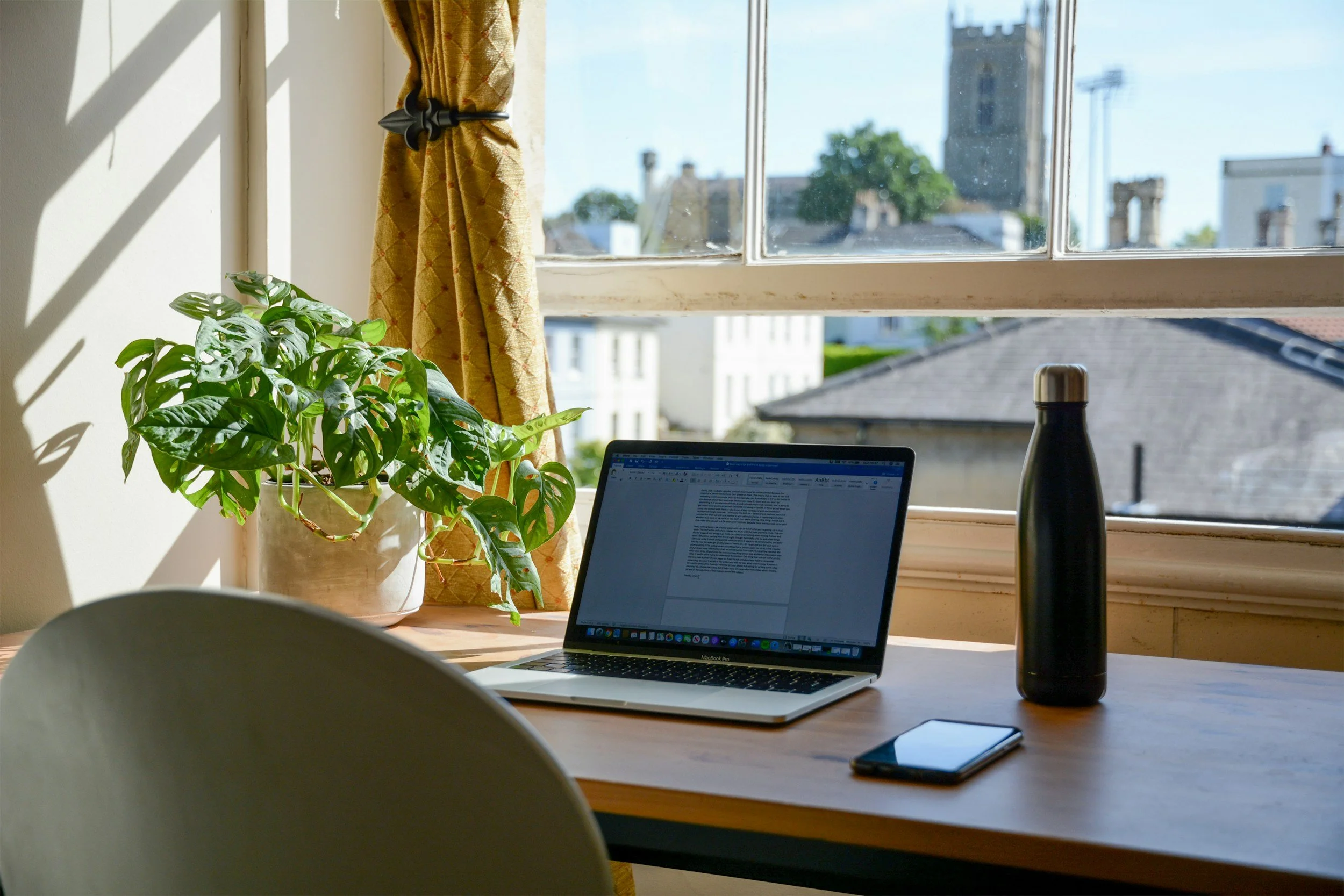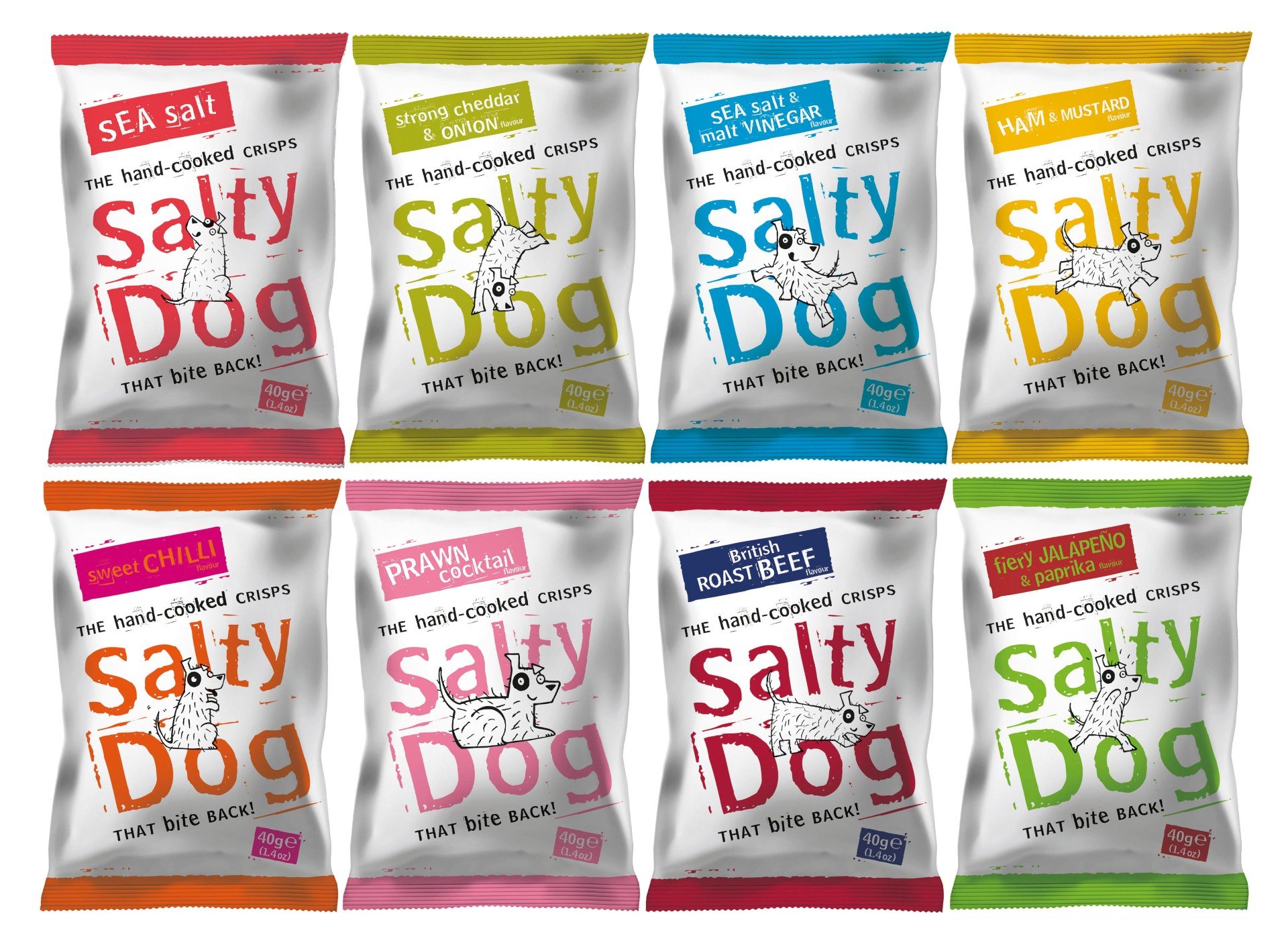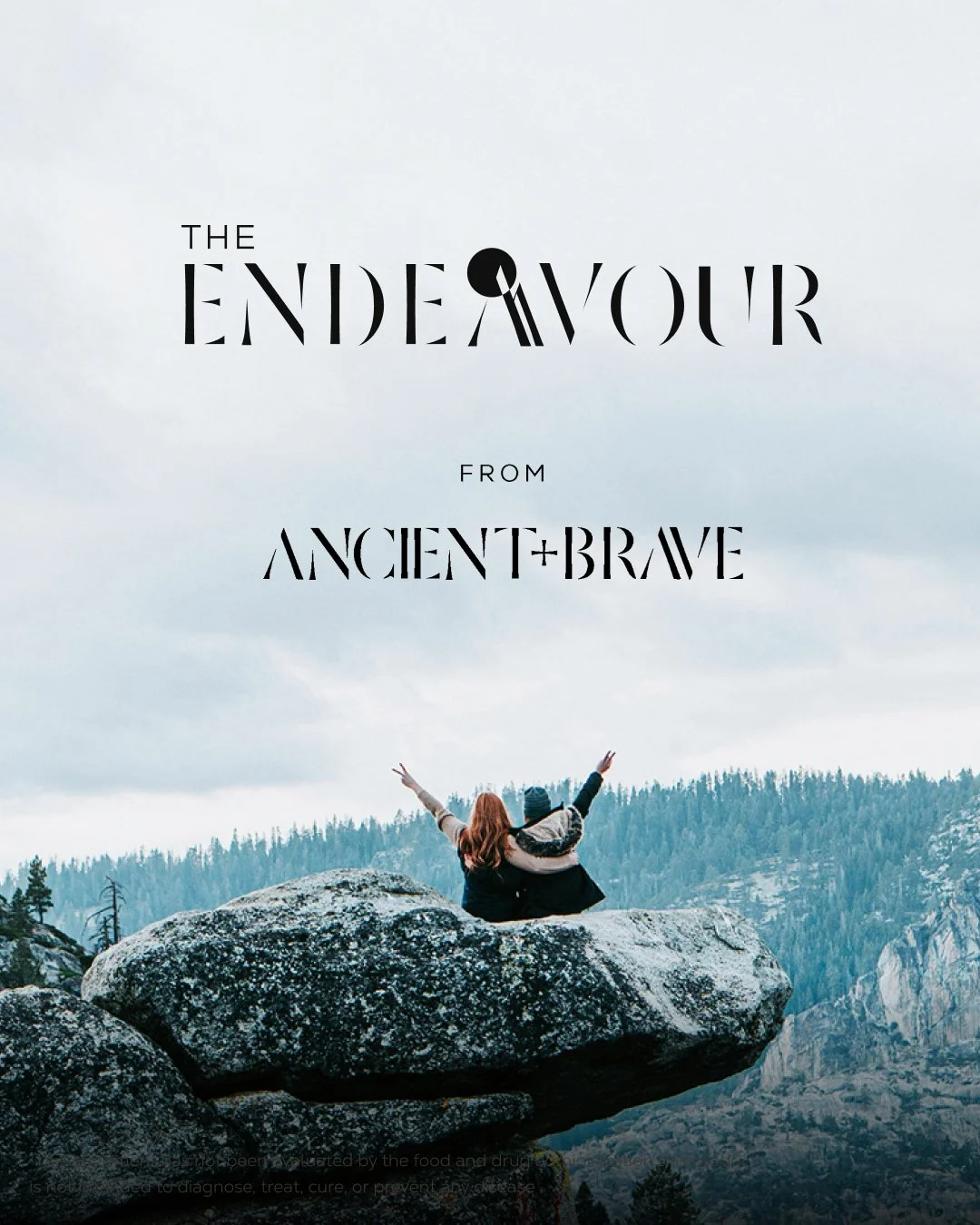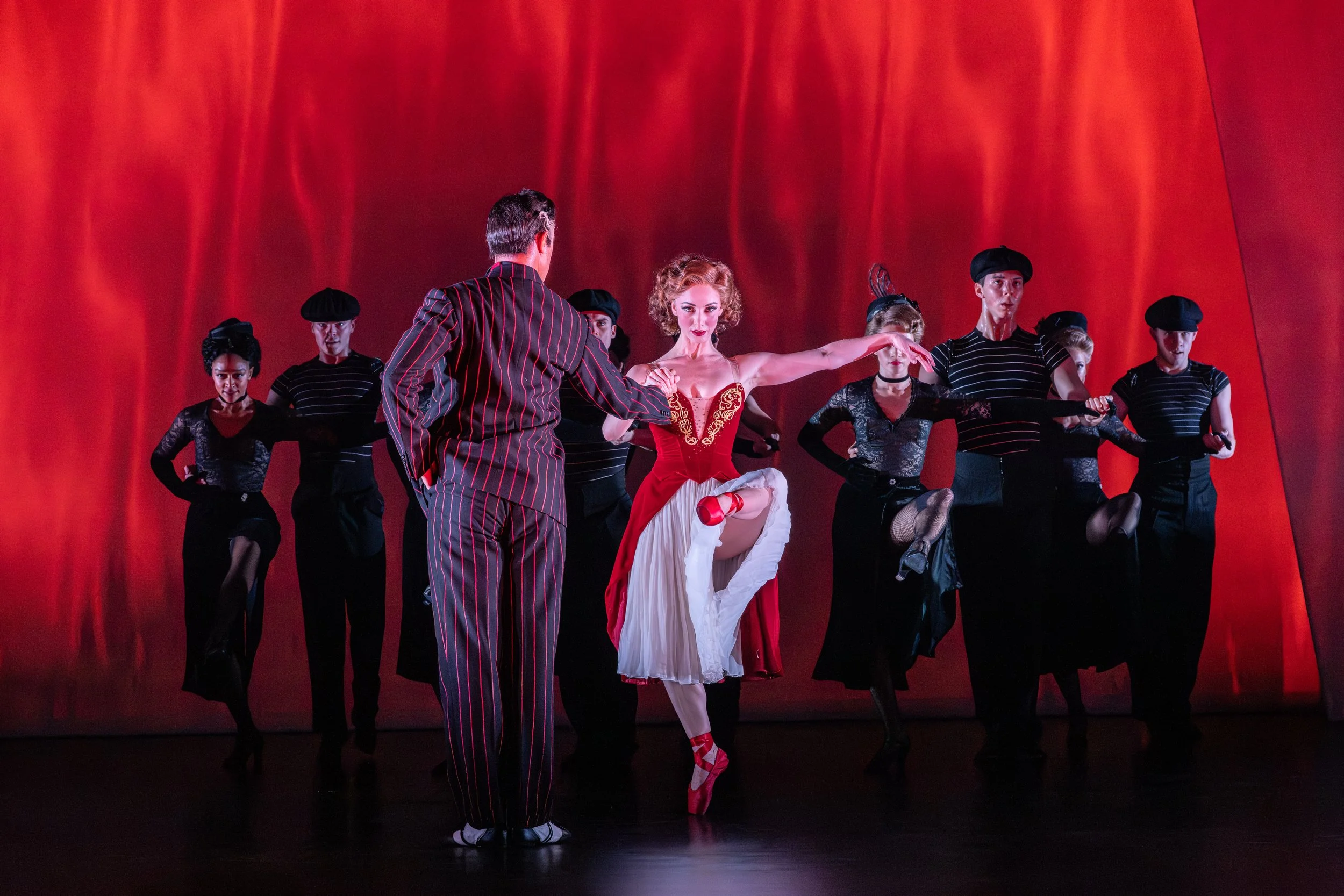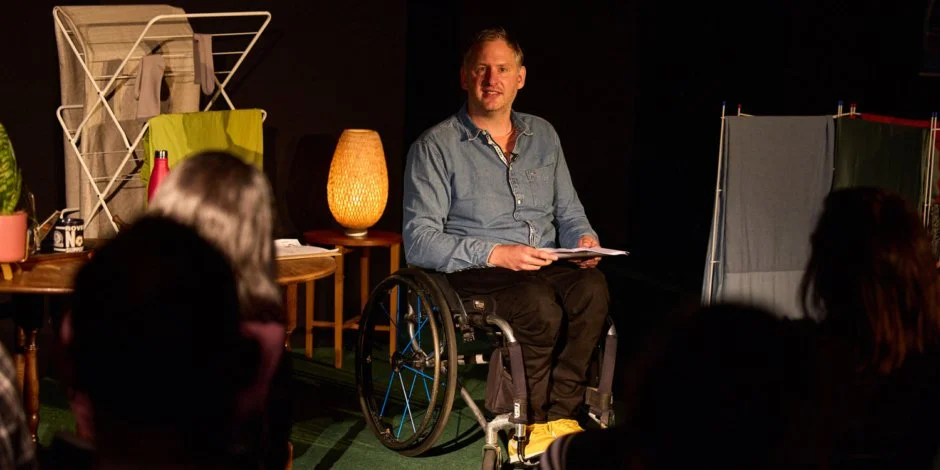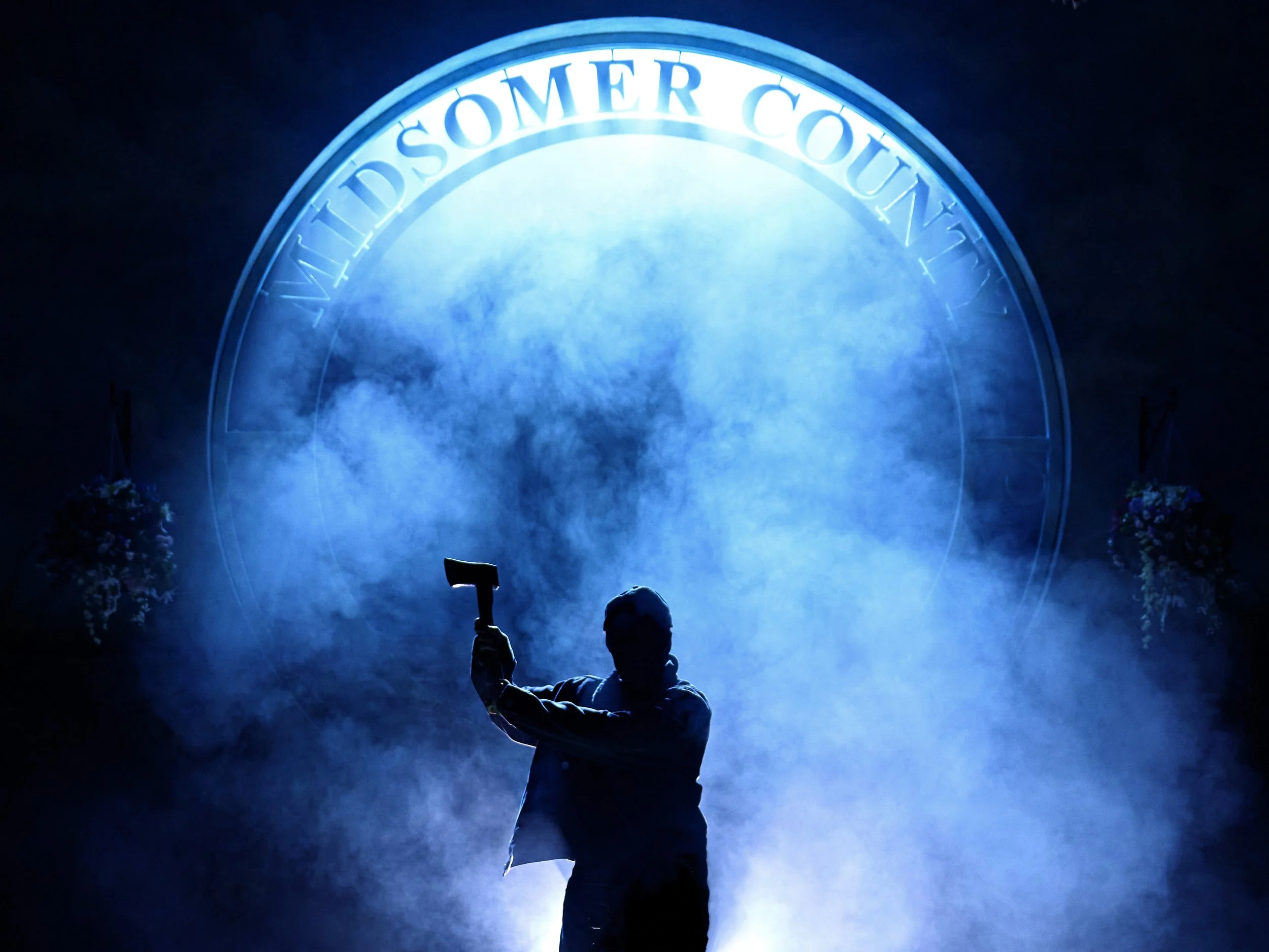“My friend’s got hair like yours” And Other Things You Shouldn’t Say To A Black Woman
Whenever I used to hear this phrase I’d cringe. It might be more understandable if I were talking about my school experience, but no. This was at university, when my peers and I were no longer children, but newly-formed adults who were supposedly on a journey to educational enlightenment. Further highlighting the awkwardness of this statement, was the fact that my university was in London- the most diverse city in the UK.
I never really knew what to say - something always felt wrong about being compared in this way, but I couldn’t articulate it back then so I would just smile. As I got older, I realised that comments about my hair from non-white people, whether in braids, extensions, an afro or straight, were really questions about my identity.
Post-graduation, I found myself in various workplaces both in the UK and abroad, and saw echoes of this phrase in the way that people made connections between me and topics concerning blackness or black people. While I’m connected to my culture and my heritage, I don’t walk around thinking about being black 24/7. I was born in the UK and so were my parents, so I’m predominantly British but have grown up with West Indian culture. Yet my ‘otherness’ is often pointed out to me in round-about ways:
Comparisons with another black friend/acquaintance isn’t a great way to get to know me, and it’s not a sign of connection. It’s the opposite and it subtly sends the “I’m not racist, I have a black friend” message, which is completely redundant. Furthermore, it’s an indication that I’m neither being seen nor understood as an individual.
Hearing that my complexion is ‘tanning goals’ isn’t a compliment. In a world where a black woman’s worthiness is tied to the proximity of her complexion to whiteness, this tells me that I’m being singled out for the wrong reasons. It’s the very definition of a back-handed compliment.
Saying that a friend and I would get on really well because we “have so much in common” is unacceptable (especially with the often inevitable reasoning that we’re both black). I’ve always nipped this one in the bud with a joke or some kind of retort but I’m glad I don’t hear this these days. However, it seems to have given way to the series of conversations in the workplace centered around my role in helping non-black colleagues understand why something is or isn’t racist. Black people are not a monolith.
Being regaled with tales of appreciation for Bob Marley, Lee Scratch Perry or jerk chicken as I heat up my stew chicken in the work microwave isn’t necessary. It isn’t even a conversation, it’s just an empty monologue once I mention my heritage (Jamaican and Bajan). The former becomes a word-association game (and not a very imaginative one), while the latter just gets ignored. The role of intersectionality in my identity gets the same treatment.
This is the crux of the issue for me. It’s the constant need to talk instead of listen. Of course, we don’t know everything, and we never will. However, we can’t get closer to understanding others if we don’t take a moment to acknowledge our own limitations.
It’s also worth pointing out that this isn’t just a symptom of the digital age. It seems as though people have always been afraid to accept the discomfort of their own bias in a time when — and maybe because — Google didn’t exist. There’s a tendency to explain away an absence of knowledge and understanding rather than simply admit that we do not know.
I actually don’t mind when people ask questions. More crucially, I think people need to make more of a point of asking themselves questions and exploring those knowledge gaps from whence spring flimsy excuses and back-handed compliments. There are so many people who can’t seem to say the word ‘black’ and so they end up saying it in various round-about ways. Asking why this is might be a good place to start.
Written by Theresa Jones
Director and cultural insight strategist at Luminance Insight
Follow us on Twitter and Instagram
share your stories with us at this.is.impt@gmail.com






